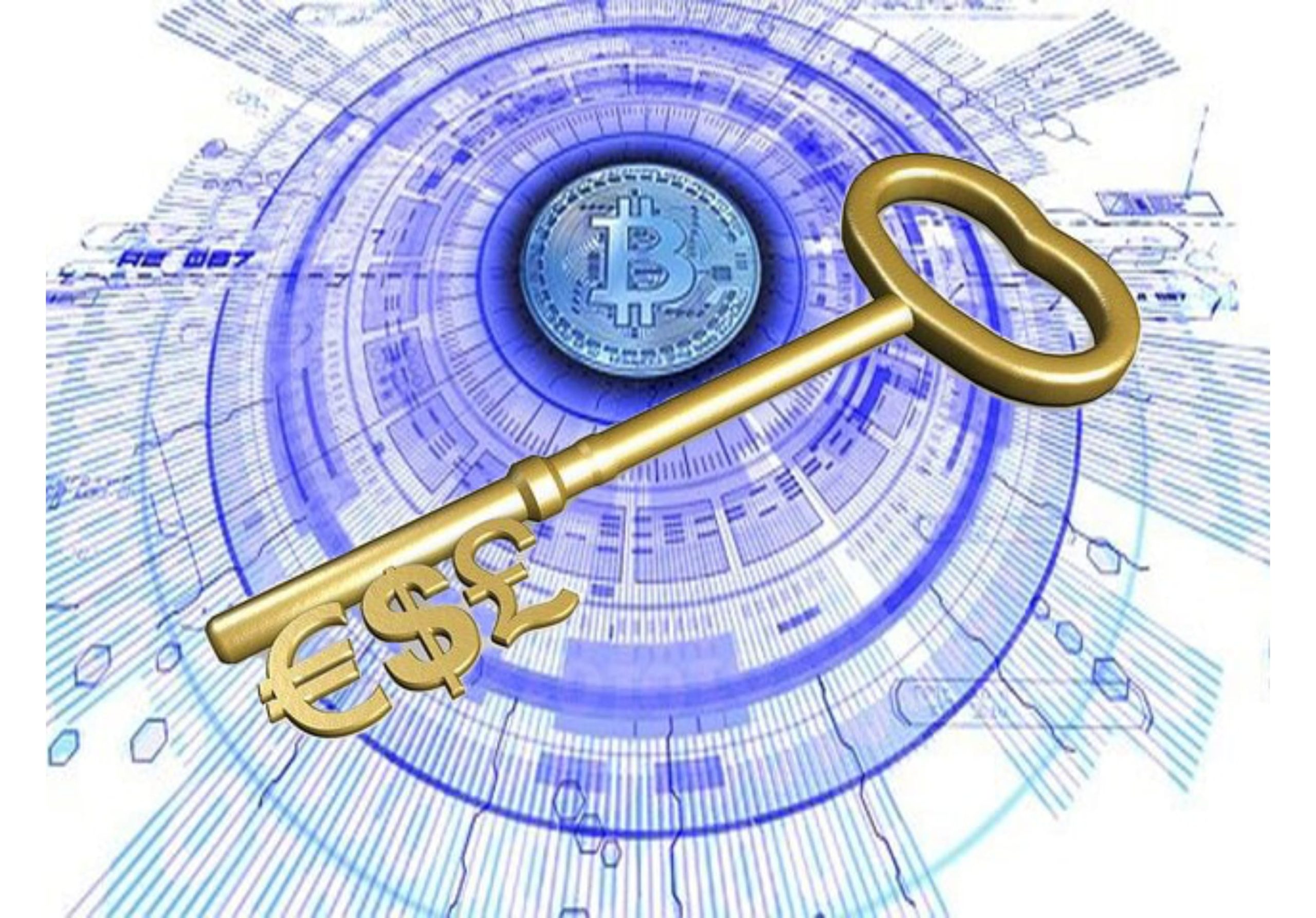Bitcoin as an Alternative Investment

The similarities between bitcoin and traditional financial assets, such as stocks and bonds, are stark. However, bitcoin is more similar to what investors might call an “alternative investment”, a financial asset that does not fall into one of the conventional investment categories.” Source: investopedia.com
The alternative investment industry is estimated to be worth $10 trillion, therefore examining how alternative assets derive their intrinsic value and what parallels exist with respect to bitcoin may be warranted.
When deriving the intrinsic value of commercial or residential real estate, a number of factors are weighed. The three most common methods for calculating intrinsic value are as follows:
1. Comparable sales, or the price paid for surrounding homes or buildings;
2. A capitalisation rate, or the rate of return used to discount the cash flows and arrive at the asset’s present value;
3. The replacement cost, (including depreciation).
However, major changes in the real estate market, like a credit crisis or real estate boom, are difficult to account for. Natural disasters are often overlooked. For some investors therefore, an asset’s replacement cost is arguably the baseline approach to ascertaining the intrinsic value of a piece of property.
An individual who wishes to acquire bitcoin can either (1) purchase it or (2) use their time, energy, and capital to propose blocks on the Bitcoin network and thus mine it.
Now, if you know anything about bitcoin, you know you don’t want to mine it.
A market participant considers the time, energy, and money that is required for them to acquire the asset when to deciding whether or not to make a purchase in the open market. The action taken is based on the cost of production relative to supply and the owner has taken an action that uniquely influence bitcoin’s market value.
Bitcoin’s Malleable, Intrinsic Value
Commodities, such as corn, wheat, copper, silver, and gold, have a history of use and value amongst societies and cultures, and therefore have an intrinsic value. Corn and wheat have intrinsic value because they are necessary for consumption. Crude oil is used across economies for various reasons. Gold is malleable, can be used as a conductor, and is a favourite in jewelry.
Bitcoin is different from a physical, traditional commodity. Bitcoin cannot be held in hand, and it is believed by many that a bitcoin’s utility is confined to its ability to be sent between network participants.
Bitcoin can serve as a better alternative to traditional and offshore banking services. Bitcoin’s fees are transparent, wallets are not subject to arbitrary minimum balances, transactions do not rely on a third-party, transacting is near-instant 24x7x365, it is difficult (in a legal context) to unexpectedly seize, and your personal data is less at-risk. For the first time in history, anyone in the world with an internet connection can function as their very own bank while participating in the economy with full control of their wealth.
One in four consumers currently use a mobile wallet daily and nearly half (47.6%) use them multiple times per week. Sources: reuters.com worldbank.org speedpay.com
 In the first quarter of 2020, banks charged on average 7% in transfer fees; fees can easily exceed 10% when the destination is in Africa or a Pacific Ocean island. Not only are remittances expensive, but they’re slow and rely on a third-party service provider that users must trust.23 The World Bank has estimated that $551B in remittances were sent to low- and middle- income countries in 2019, up more than +4% from the year prior. The demand for remittance services continues to grow despite their astronomical costs.
In the first quarter of 2020, banks charged on average 7% in transfer fees; fees can easily exceed 10% when the destination is in Africa or a Pacific Ocean island. Not only are remittances expensive, but they’re slow and rely on a third-party service provider that users must trust.23 The World Bank has estimated that $551B in remittances were sent to low- and middle- income countries in 2019, up more than +4% from the year prior. The demand for remittance services continues to grow despite their astronomical costs.
On June 26th, 2020 as an example, nearly $1B worth of bitcoin was transferred in less than 10 minutes for a $0.48 fee.24 At an average fee of 7%, a similar $1B remittance transfer would cost $70M and could take up to a week to clear.
Since the birth of the internet, payment service providers such as Paypal, Venmo, Zelle, Square, and Apple Pay have come into existence. McKinsey expects average annual growth in payments revenues over the next four years to be six percent, with total revenues increasing to $2.7 trillion by 2023.25.
Payment services have become commodity services
No matter your race, creed, color, national origin, geography, or nature of business, bitcoin can be sent to anyone around the world without reliance on a single entity or individual.
For more information, download a free copy of “The Great Debate: Bitcoin & Intrinsic Value”, Kraken Intelligence, September, 2020.







